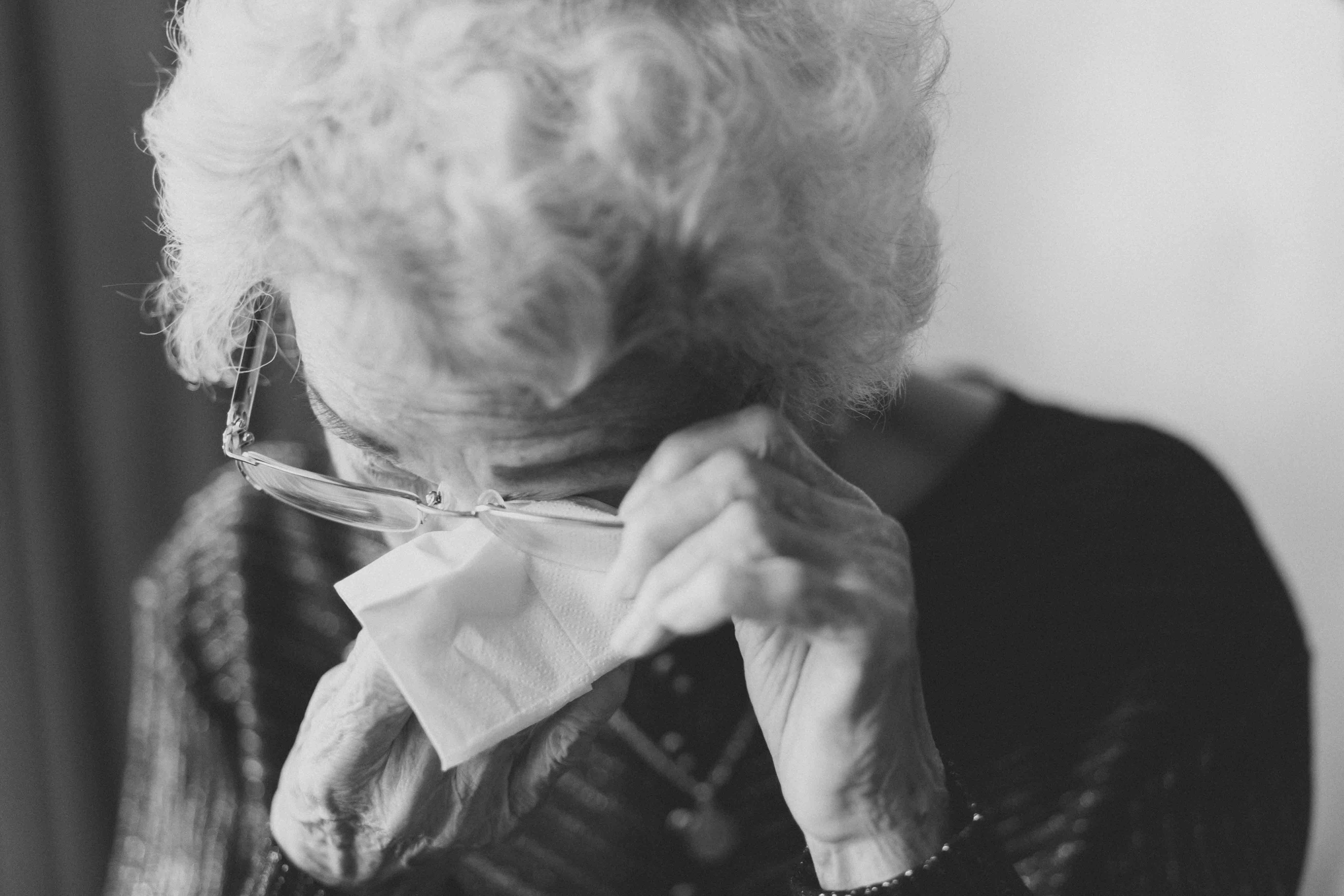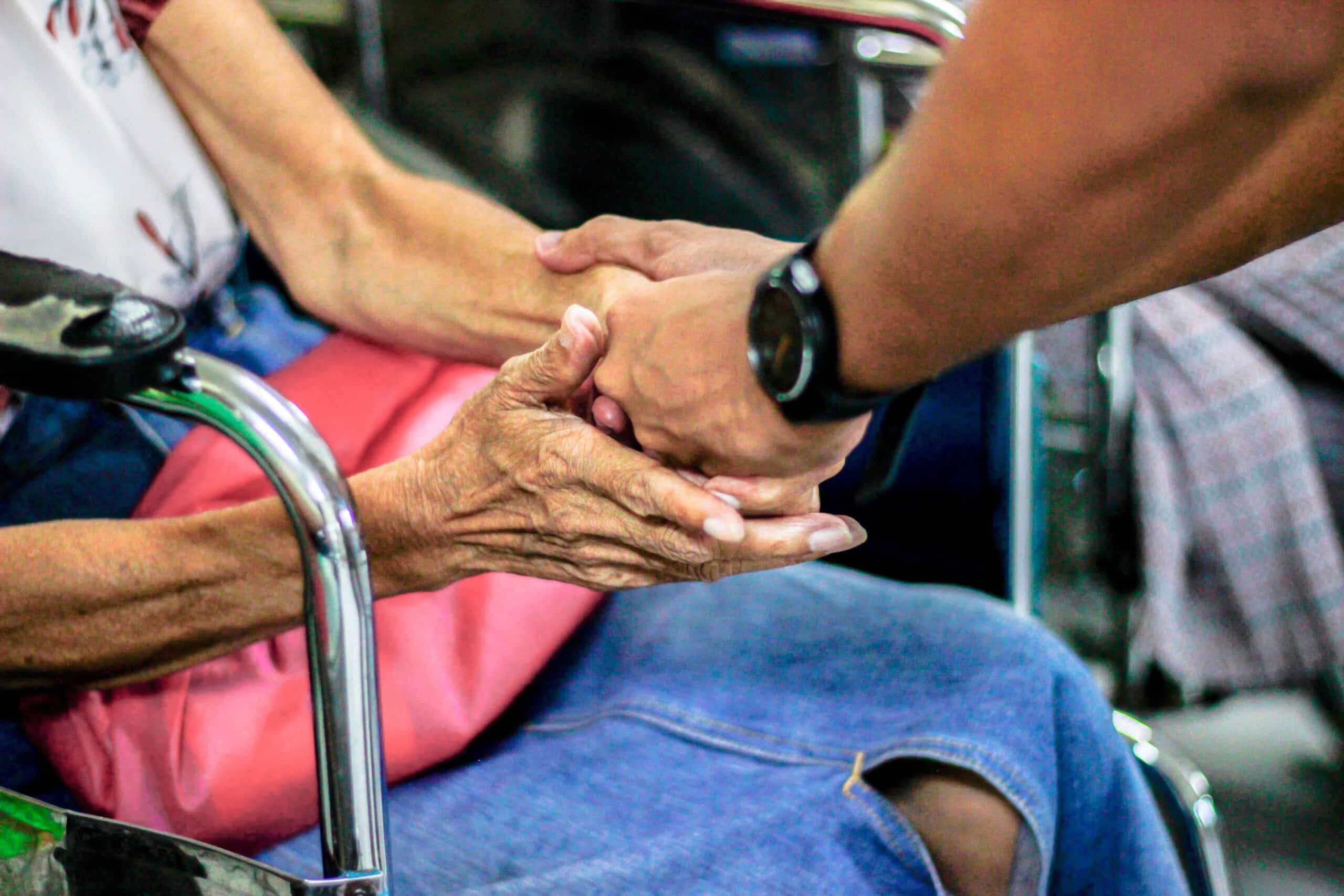Introduction
Grief is a natural response to loss, and it can be a profoundly emotional and challenging experience. When a loved one passes away, the resulting emotions can be overwhelming, and individuals may need support in navigating through this difficult time. Grief counseling is a professional service offered to help people work through their emotions and find healing. In this blog post, I will discuss grief counseling from the perspective of hospice care, which specializes in providing compassionate support for patients and their families during the end-of-life process.
What is Grief Counseling?
Grief counseling is a specialized form of counseling designed to help individuals cope with the emotional pain and turmoil caused by the loss of a loved one. It aims to provide a safe space for individuals to express their emotions, process their feelings, and work towards accepting the loss. Grief counseling can be offered in various settings, including hospice care, where patients and their families receive comprehensive support during the end-of-life process.
The Role of Grief Counseling in Hospice Care
Hospice care is a holistic approach to end-of-life care that focuses on providing comfort, support, and dignity to patients and their families. Grief counseling plays a vital role in hospice care by offering emotional support and guidance during the bereavement process. Some of the specific functions of grief counseling in hospice care include:
- Emotional support: Grief counselors provide a safe and non-judgmental environment for individuals to express their emotions, share their experiences, and discuss their feelings related to the loss. They validate the individual’s feelings and offer a compassionate ear during this challenging time.
- Coping strategies: Grief counselors help individuals develop healthy coping mechanisms to manage their emotions and work through their grief. These strategies may include journaling, engaging in creative outlets, or participating in support groups.
- Understanding the grief process: Grief counselors educate individuals about the stages of grief and the normalcy of their emotions. By understanding the grief process, individuals can better anticipate their feelings and learn how to navigate through the various stages.
- Encouragement for self-care: Grief can be physically and emotionally draining. Grief counselors emphasize the importance of self-care and encourage individuals to take care of their physical, emotional, and spiritual needs during the bereavement process.
- Support for family members: Grief counseling is not limited to the person experiencing the loss. Family members may also benefit from grief counseling, as they too are affected by the loss and may need support in navigating their emotions.
Types of Grief Counseling
Grief counseling can be provided in various formats to accommodate the needs and preferences of the individuals involved. Some common types of grief counseling include:
- Individual counseling: One-on-one sessions with a grief counselor allow individuals to explore their emotions and work through their grief in a private, supportive environment.
- Group counseling: Group sessions bring together individuals who are experiencing similar losses, creating a supportive community where members can share their experiences and learn from one another.
- Family counseling: Family sessions involve multiple family members working together with a grief counselor to process their emotions, understand one another’s perspectives, and support each other during the bereavement process.
- Referral to therapists in the community for more in-depth grief support.
Conclusion
Grief counseling is an essential component of hospice care, providing much-needed emotional support and guidance to individuals and families experiencing the loss of a loved one. By understanding the role of grief counseling and the various formats available, individuals can make informed decisions about the type of support that best meets their needs during the bereavement process. Our team provides up to 13 months of free bereavement support for families.










